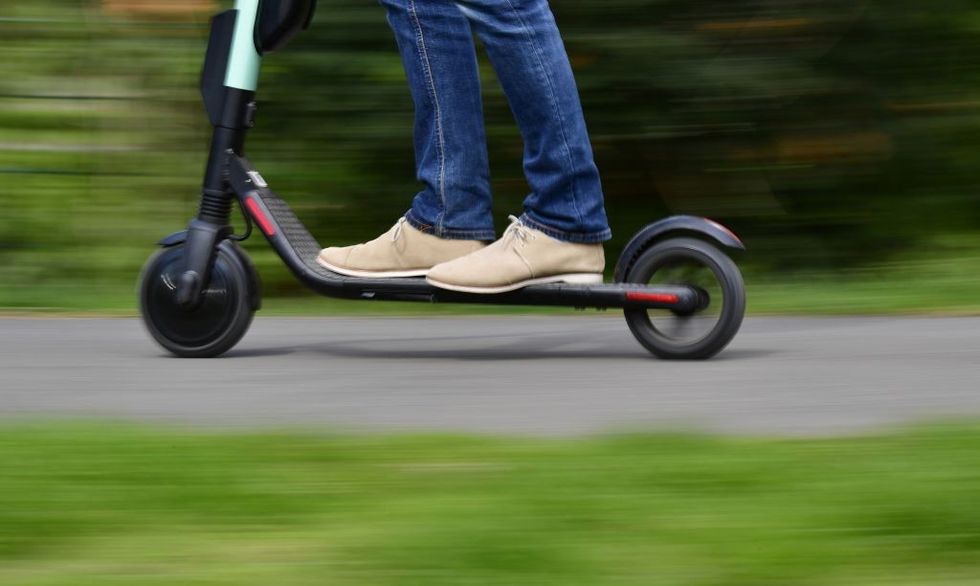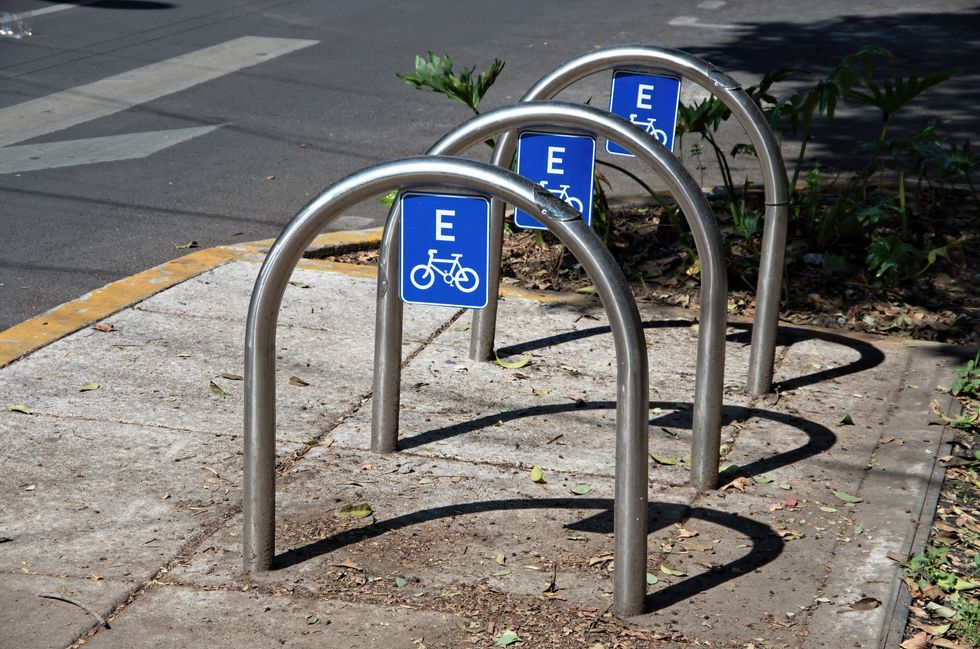Major cities around the world vote to ban electric scooter rental schemes - could the UK be next?
Experts warn e-scooters have 'significant risks' to public safety
Ben Pepper, Senior Associate in the Personal Injury Claims Team at Bolt Burdon Kemp, has analysed whether electric scooters could be banned from UK roads, following on from a handful of other countries
Don't Miss
Most Read
Trending on GB News
The future of e-scooters in the UK has become a highly debated issue, especially following recent decisions by major cities to ban app-rented models. Madrid recently joined Paris and Melbourne in outlawing rental e-scooters, raising the question of whether the UK could be next.
Electric scooters have become a common sight in UK cities, with trial schemes in places like Newcastle, where the trial has been extended until 2026.
These trials aim to assess the potential of e-scooters to reduce traffic congestion and lower emissions. However, mounting safety concerns and public dissatisfaction have sparked debate over whether a ban similar to those in Madrid and Paris might happen here.
With cities like Madrid, Paris, and Melbourne acting decisively over safety concerns, the UK could face pressure to follow suit. The growing number of e-scooter collisions raises real questions about whether these vehicles are safe for UK roads.
Do you have a story you'd like to share? Get in touch by emailingmotoring@gbnews.uk

E-scooter trials have been extended until 2026
GETTYIs a Ban Necessary?
Critics argue that app-rented e-scooters pose a significant risk to public safety. Riders often don’t wear helmets, lack formal training, and ride on both roads and pavements, causing chaos for other road users and pedestrians. Crashes are on the rise, with some leading to serious injuries or fatalities.
While the UK has seen an increase in e-scooter-related incidents, an outright ban may not be the only solution. Instead of a complete ban on rental e-scooters, the focus could shift to improving safety through better infrastructure, such as designated lanes, and stricter enforcement of traffic rules.
What Would a Ban Look Like?
If the UK follows the lead of other cities and bans app-rented e-scooters, there would be legal and logistical challenges.
The legal framework surrounding e-scooters would effectively revert to what it was prior to the commencement of the rental e-scooter trials in July 2020. Privately owned e-scooters have always been illegal to ride in public places. A ban would mean that any e-scooter, whether private or rental, would once again be illegal in public.
A ban would raise additional logistical questions. How efficiently could rental e-scooters be removed from the streets?
Would this lead to a rise in traffic and larger vehicles? Would riders of rental e-scooters then be tempted to purchase their own private e-scooter and ride illegally? Would this result in more collisions? These issues would need to be addressed if the UK were to consider such a move.
Who Would Be Liable?
Liability is one of the biggest challenges surrounding e-scooters. If a rider is acting recklessly, they are usually held responsible.
However, at present, app companies could be liable if their scooters are defective or if they fail to provide clear safety instructions. Local authorities could also be held accountable if poor road conditions contribute to crashes.
Currently, determining liability in e-scooter collisions can be difficult. If a ban were to be implemented, there may be greater capability for the rider, as all e-scooters would then be illegal and uninsured. Ultimately, liability will rest with the negligent party based on the facts of each case.
In the event of a ban, app companies would no longer operate and so could not be deemed liable for any collisions. Liability will ultimately rest with the uninsured e-scooter rider or the other road user.
LATEST DEVELOPMENTS:

Madrid has banned the use of e-scooters
GETTYThe Future of E-Scooters in the UK
Madrid’s decision to ban e-scooters may indicate a growing trend, but it’s unclear whether the UK will follow the same path. While e-scooters offer clear environmental benefits and a solution to congestion in crowded cities, safety concerns cannot be ignored.
A more balanced approach might involve improving infrastructure, educating riders, and enforcing safety rules more strictly, allowing e-scooters to remain part of the UK’s urban transport system without compromising public safety.
For now, e-scooters are still part of the UK’s transport trials. However, with safety concerns growing, the debate over their future is far from over. Could the UK be next to ban e-scooters? Only time will tell.
Ben Pepper, Senior Associate in the Personal Injury Claims Team at Bolt Burdon Kemp







